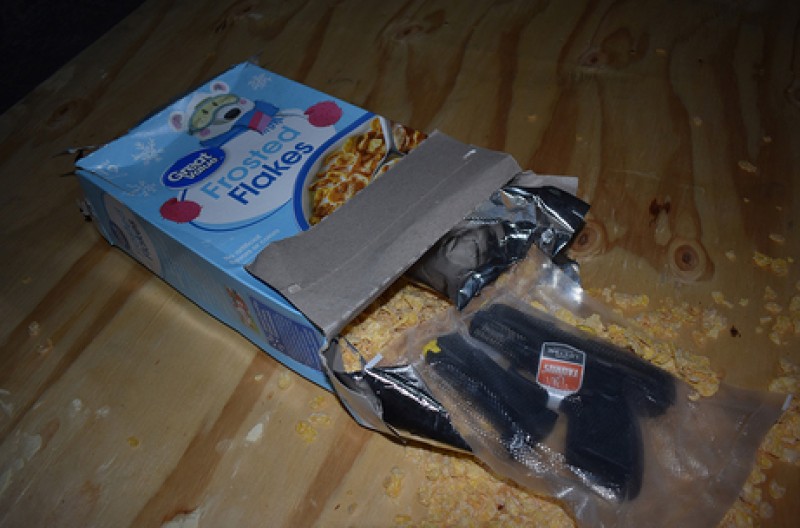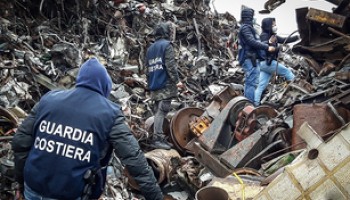Nineteen countries across the Caribbean coordinated in a joint operation last month that led to the total seizure of 12.6 tonnes of narcotics, hundreds of firearms, and 510 arrests made, Interpol reported on Thursday.
Operation Trigger VII saw agents from 19 countries coordinate with Interpol to investigate criminal activity at airports, seaports, and inland hotspots, based on intelligence on organized crime groups engaged in drug and arms trafficking. Warehouses and private businesses were also subject to searches during the investigation.
Their intelligence paid off, as Trigger VII concluded with a record haul of 12.6 tonnes of narcotics, including 10.1 tonnes of cocaine, once all the seizures were tallied.
Also taken into evidence were some 350 weapons and 3,300 rounds of ammunition, highlighting the convergence of drug and arms trafficking, according to the Lyon-based crime agency.
In one instance, Dominican customs authorities x-rayed a package that aroused suspicion. What they discovered inside were inoffensive looking frosted flakes cereal boxes, except that they also contained 20 guns with ammunition to spare.
A ‘Great Value’ badge comprised part of the box’s cover art.
It is doubtful that the intended consumers for these particular cereal boxes were children, however. They most likely would’ve found their way into the hands of enforcers amongst various organized crime groups.
“The results of Operation Trigger VII show how firearms are clear enablers of most types of crime. When we go after their weapons, we also go after the full range of activities carried out by organized crime groups,” said Interpol Secretary General Jürgen Stock.
And once the dust had settled, a total of 510 arrests were made by police across the Caribbean, including the target of an Interpol Red Notice for murder.
Another investigation in St Kitts and Nevis gave officers their first case of “ghost guns”, or firearms with only 80 percent of the assembled frame that are unserialized and therefore untraceable.
As for drugs, Jamaica took home first prize when its authorities seized 500.2 kg of cocaine, roughly half of the total haul from Operation Trigger VII.
The narcotics—worth approximately $25 million—were set to be loaded onto a private jet bound for Canada, according to Interpol.
Coast Guard agents in Curaçao also managed to bag approximately five tonnes of illegal narcotics believed to have originated from Venezuela. Authorities made 17 arrests in connection with the drug shipments.
The high-value drug seizures and mass arrests made by police show only a small fraction of the volumes that transnational crime groups ship around the world on a daily basis.
Regardless, authorities are optimistic that the results made can have an impact in the fight against organized crime.
Stock noted that the results of the Caribbean-wide operation “highlight the power of what law enforcement bodies can achieve when we work in a joint, coordinated manner, sharing information in real-time on cross-border investigations.”






